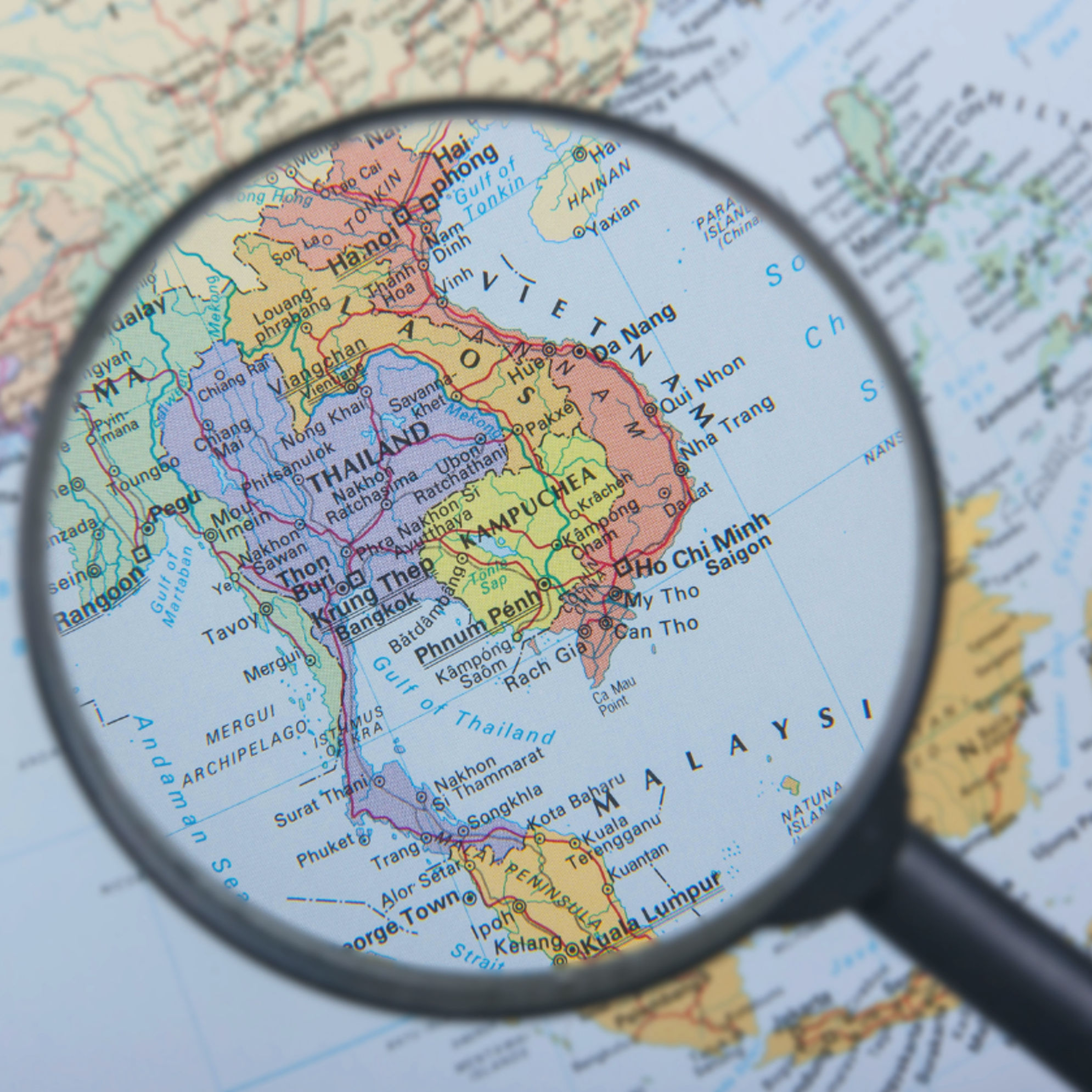Southeast Asia
Southeast Asia, one of the key areas of Sino-American rivalry, is going through a period of political uncertainty, with certain democratic trajectories being called into question (Myanmar, Thailand).


Prospects for 6-party talks: Nuclear weapons are a means of survival for Kim Jung Un
The most imperative duty of the third-generation Kim Jong Un is the “survival” of North Korea. This will require not only a smooth transfer of power from his father but also shoring up the national economy. This is because I feel the current regime will sooner or later come to the end of its tether unless North Korean economy breaks free of foreign dependence and begins to grow autonomously.
The Economic Opportunities and Constraints of Green Growth: The Case of South Korea
The G20 from Seoul to Cannes : Towards a Global Governance Committee
After two years of existence at the Heads of State and Government level, the Group of 20 (G20) has reached a turning point. In this new context, a number of questions need to be addressed-in particular, as to how to ensure the transition from a crisis management body to a global governance committee. How can the G20 solve the legitimacy problems inherent to its structure and nature? How can it address its representativeness deficit? What should be the exact mandate of the Group and how can this mandate be achieved?
An Analysis of North Korea's Principal Trade Relations
The Direction of Trade Statistics by IMF is the most representative statistical data for bilateral trade with North Korea. However, IMF statistics underestimate North Korea's international trade since they do not classify inter-Korean trade as international trade. Therefore, this study restructures statistics on North Korea by combining the IMF and inter-Korean trade data, and it analyzes the structure of North Korea's international trade. In addition, it conducts a unique analysis of trade structures, since other studies have not analyzed production processes in North Korean trade.
This analysis identifies six main characteristics of North Korea's trade:
North Korea's Nuclear Weapons Development: Implications for Future Policy
Despite the resumption of high-level diplomatic contact between Washington and Pyongyang in late 2009, realization of a non-nuclear Korean Peninsula remains a very remote prospect, with the DPRK insisting that a peace agreement between the U.S. and North Korea and hence the cessation of "hostile DPRK-U.S. relations" are necessary before any consideration of denuclearization.
Coming in from the Cold? An Update on North Korea's External Economic Relations
This brief analysis of the current external economic relations of the Democratic People’s Republic of Korea (DPRK) leads to a number of conclusions.
Japan-North Korea Relations: (Sad) State of Play and (Sad) Prospects
Japan and the Democratic People"s Republic of Korea (DPRK) are as far away as ever from establishing anything resembling ‘normal" relations, let alone official diplomatic ties. This paper traces the history of the ups-and-downs in the Japan-DPRK relationship during the last decade.

Negotiating a Korea-EU Free Trade Agreement: Easier Said Than Done
Support independent French research
Ifri, a foundation recognized as being of public utility, relies largely on private donors – companies and individuals – to guarantee its sustainability and intellectual independence. Through their funding, donors help maintain the Institute's position among the world's leading think tanks. By benefiting from an internationally recognized network and expertise, donors refine their understanding of geopolitical risk and its consequences on global politics and the economy. In 2025, Ifri supports more than 80 French and foreign companies and organizations.








